The number one tell tale sign that you should put a product back on the shelf is if an ingredient is trademarked. Real food doesn’t need trademarks.
What does a trademark imply?
Trademarked ingredients imply that proprietary methods have been used in their formulation. The idea is that these methods will increase the product’s quality and value to consumers (or this is what manufacturers believe). Manufacturers are sold the story that these proprietary ingredients have a higher degree of scientific backing.
Real food doesn’t need trademarks
The lure of offering innovative products that are backed by “science” and “unique combinations” of safe, powerful and effective all natural ingredients is strong. New ingredients with trademarks ensure new profit streams (and highly profitable ones I suspect)! Distribution rights can be secured to sell these trademarked ingredients to other manufacturers. Basically, a trademark registration affords an invaluable commercial asset.
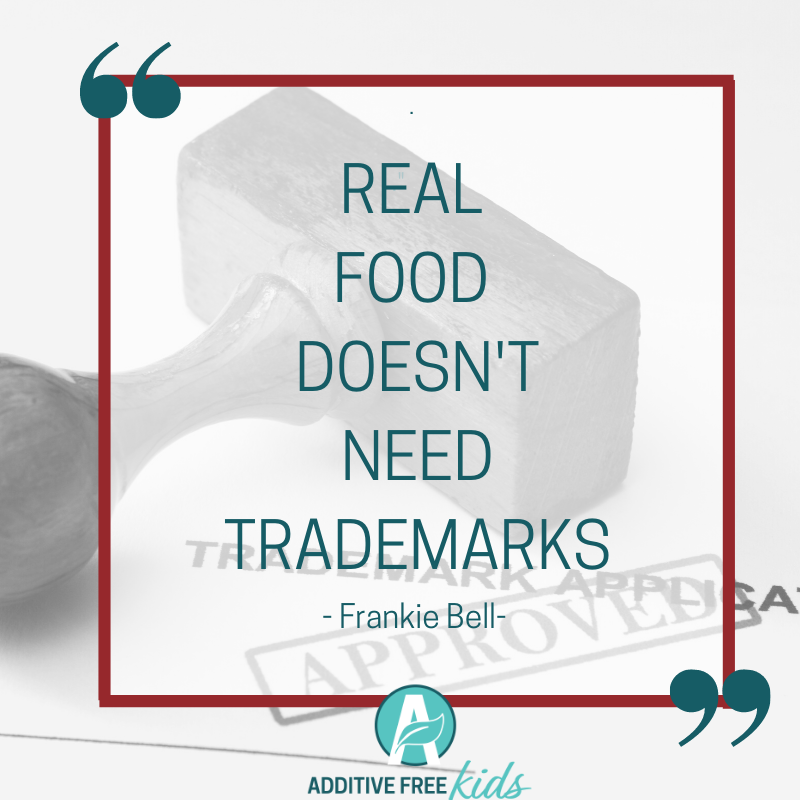
We don’t know enough about these new ingredients yet
We don’t know the long term effects of these proprietary ingredients. The studies that have been conducted are of a short duration only.
We don’t know what impact these concentrated sources of protein have on our gut microbiota.
We don’t know how these ingredients impact our hormone levels.
We don’t know how these ingredients impact our chronic disease risk over the long term.
Nutrient composition is very different from wholefoods
These novel ingredients represent an ultra processed food item with a nutrient composition that is very different from whole foods. Wholefoods contain a natural balance of nutrients. This balance is disrupted when the food is broken down and some of the smaller constituents are removed.
I understand that these protein smoothies are perceived to be a quick fix. I know that we are time poor and we need quick options. We don’t need to resort to ultra processed foods with trademarked ingredients and synthetic vitamins.
Example of trademarked ingredients and synthetic vitamins
I would like to take a look at a particular product that an AFK community member approached me about. I am not going to delve into every ingredient in this product, with over 40 ingredients we would be here all day!
Real food ingredients (6)
Cocoa powder
Tapioca
Olive oil
Flaxseed powder
Psyllium seed powder
Sea salt
Ultra processed / synthetic (35)
Exclusive Myo-Isalean Complex ™
- Whey protein concentrate
- Milk protein concentrate
- Low heat non-fat milk powder
Isomaltooligosaccharides
Fructose
Sunflower oil
Maltodextrin
Thickener (415)
Medium chain triglyceride oil powder
Anticaking agents (341, 470, 551)
Magnesium oxide
Natural flavours
Enzymes (lactase, cellulase, invertase)
Natural sweetener (960)
Alfafa juice concentrate
Mixed tocopherol concentrate
Ferrerous lactate
Vitamin C (ascorbic acid)
Zinc oxide
Potassium iodide
Vitamin B3
Vitamin B12
Vitamin B6
Vitamin D3
Vitamin A
Vitamin B6
Folic acid
Vitamin B5
Vitamin B2
Vitamin B1
Biotin
There are two main points that I would like to highlight:
1) Length of ingredient list
With over 40 different ingredients, this should be a warning sign to many that this is likely to be an ultra processed product.
2) Real food vs Ultra Processed
Take a look at the mix of real food ingredients vs ultra processed / synthetic ingredients.
Most people see a list of these vitamins and believe that they are doing a great thing consuming these. These are synthetic vitamins. They are isolated nutrients and are usually made artificially, using industrial processes.
You can tell the difference as to whether these are synthetic or not depending on how they are labelled. Natural supplements would list food sources as 100% plant or animal based. When Vitamins are listed on their own, like Vitamin C, they are most likely synthetic.
The widely held belief is that these synthetic vitamins are created to be chemically identical to those found in food. Whilst they may have a similar structure, your body may not absorb these in the same way and react differently to synthetic nutrients.
When you eat wholefoods, you are consuming a range of vitamins, minerals and enzymes all at once. This allows for optimal use by the body as compared to a single nutrient (1) Synthetic nutrients aren’t used in the same way by the body as their natural counterparts. An example of this is Vitamin E, in a study, the natural vitamin E was absorbed twice as efficiently as the synthetic Vitamin E (2)
It is very simple, your body knows how to use nutrients best when they are provided in whole food together with a variety of food compounds.
Unfortunately, trademarked ingredients, synthetic vitamins often come with a plethora of additives too. Typical additives you are likely to find include thickeners, anticaking agents, artificial sweeteners.
So what should you do instead?
Look for wholefood options that are quick, easy to make and have on the go. Buy some wholefoods such as these:
Cacao
Rolled oats
Chia seeds
Almond meal
Hemp seed
Coconut sugar
Sunflower seeds
Flaxseeds
Pop them in a blender, together with your liquid of choice and perhaps a banana and you have whole food delicious smoothie packed full of nutrients to have on the go. It doesn’t have to be difficult.
We need to realise that real food doesn’t need trademarks.
We need to know where our food comes from.
We need to know how it has been processed.
We need to take responsibility for our own health.
Want to learn more?
Here at Additive Free Kids, I want to help empower each consumer to vote with their dollar every day. To help you, I have created the AFK PANTRY RESETcoaching course. You can find out more here and join the waitlist.
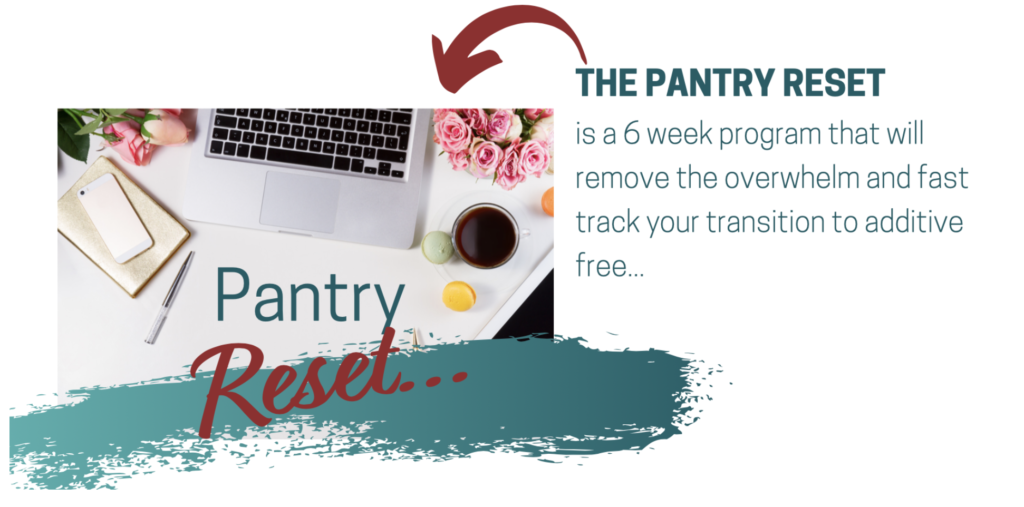

Frankie Bell is the Managing Director of Additive Free Kids, a food coach, mentor and is one of Australia’s leading activists against additives in foods.
Frankie is a mum to 5 boys and has personal experience working through the damaging effects of additives to resolve the multiple health issues and behavioural problems in her own children. It became Frankie’s purpose to help other families achieve the same improvements for their families.
These changes can be overwhelming, especially for time poor parents, Frankie has done all the hard work for families to ensure they have access to additive free food, anytime, anywhere. Additive Free Kids specialises in assisting families to live healthy lives free from additives. See how you can work together with Frankie here
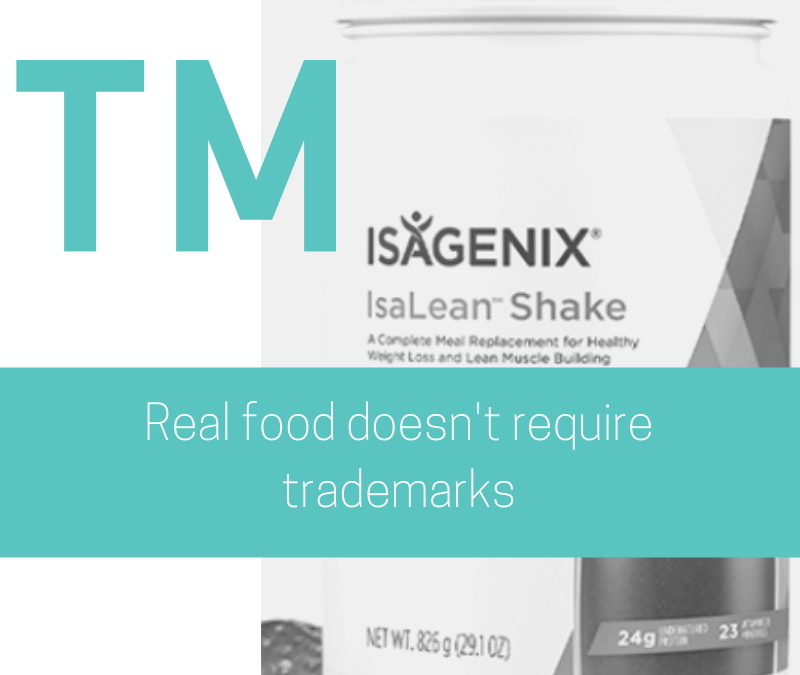
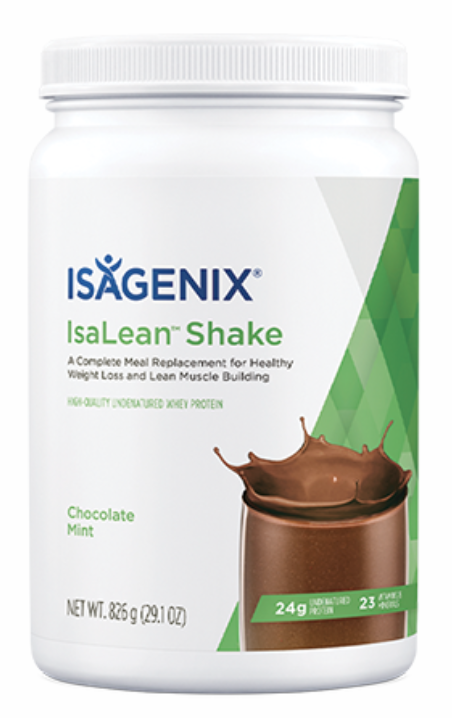
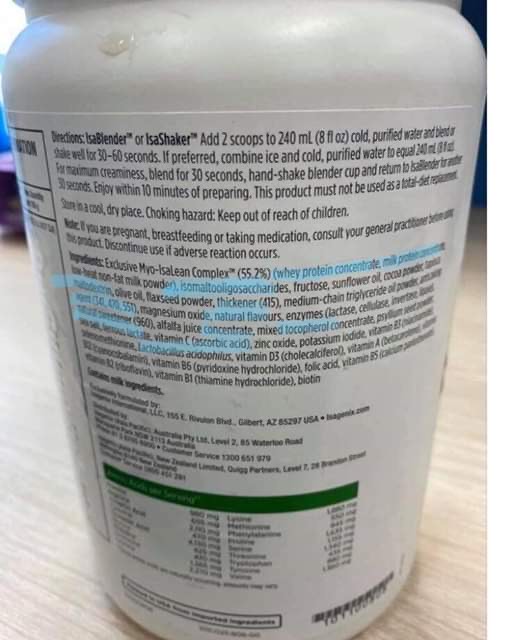
 My passion and mission is to work with families to reduce the overwhelm when going additive free. Moving to additive free living can bring back peace, calm and joy to families. I know it's possible and I've experienced it first hand with my 5 boys.
My passion and mission is to work with families to reduce the overwhelm when going additive free. Moving to additive free living can bring back peace, calm and joy to families. I know it's possible and I've experienced it first hand with my 5 boys.



